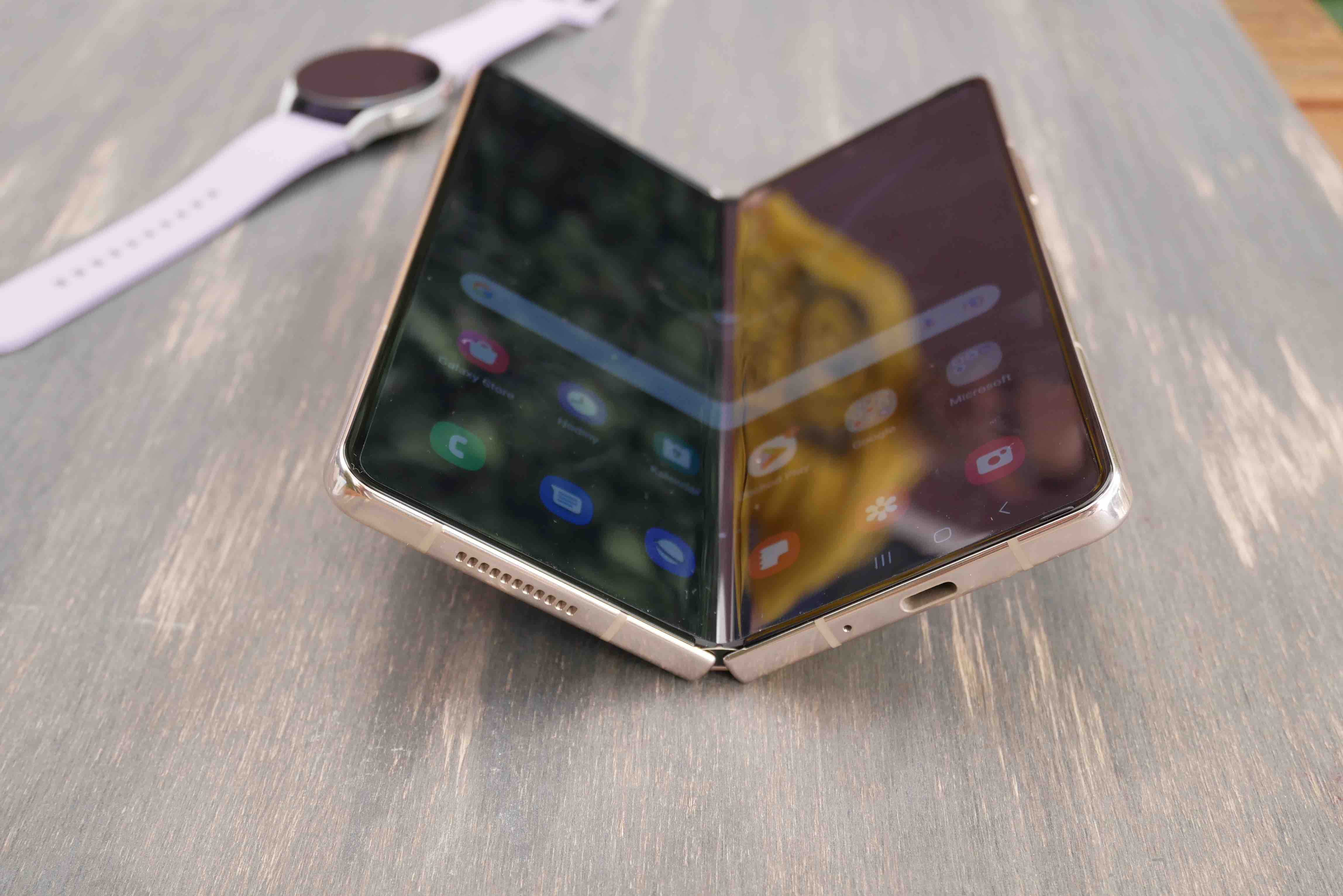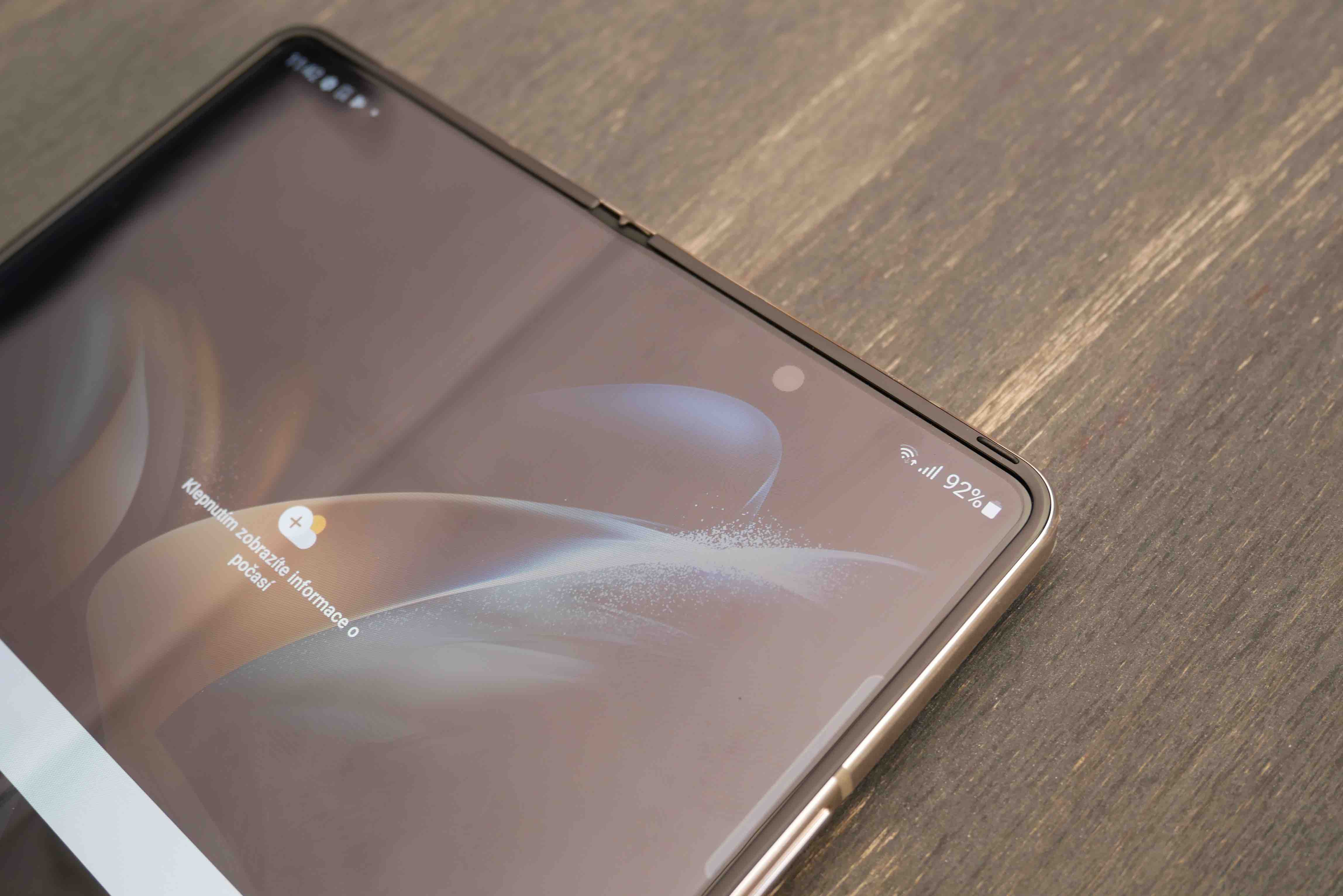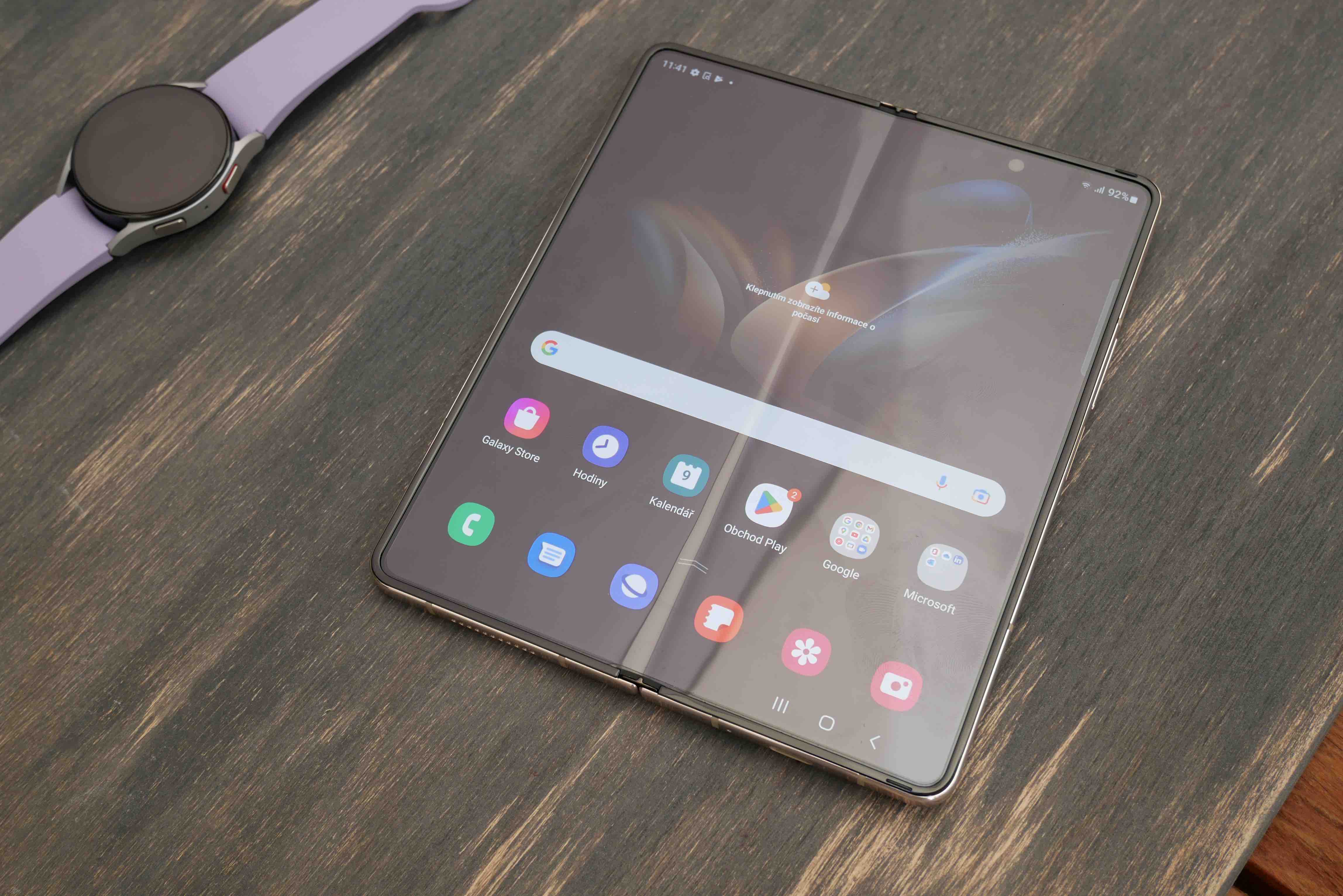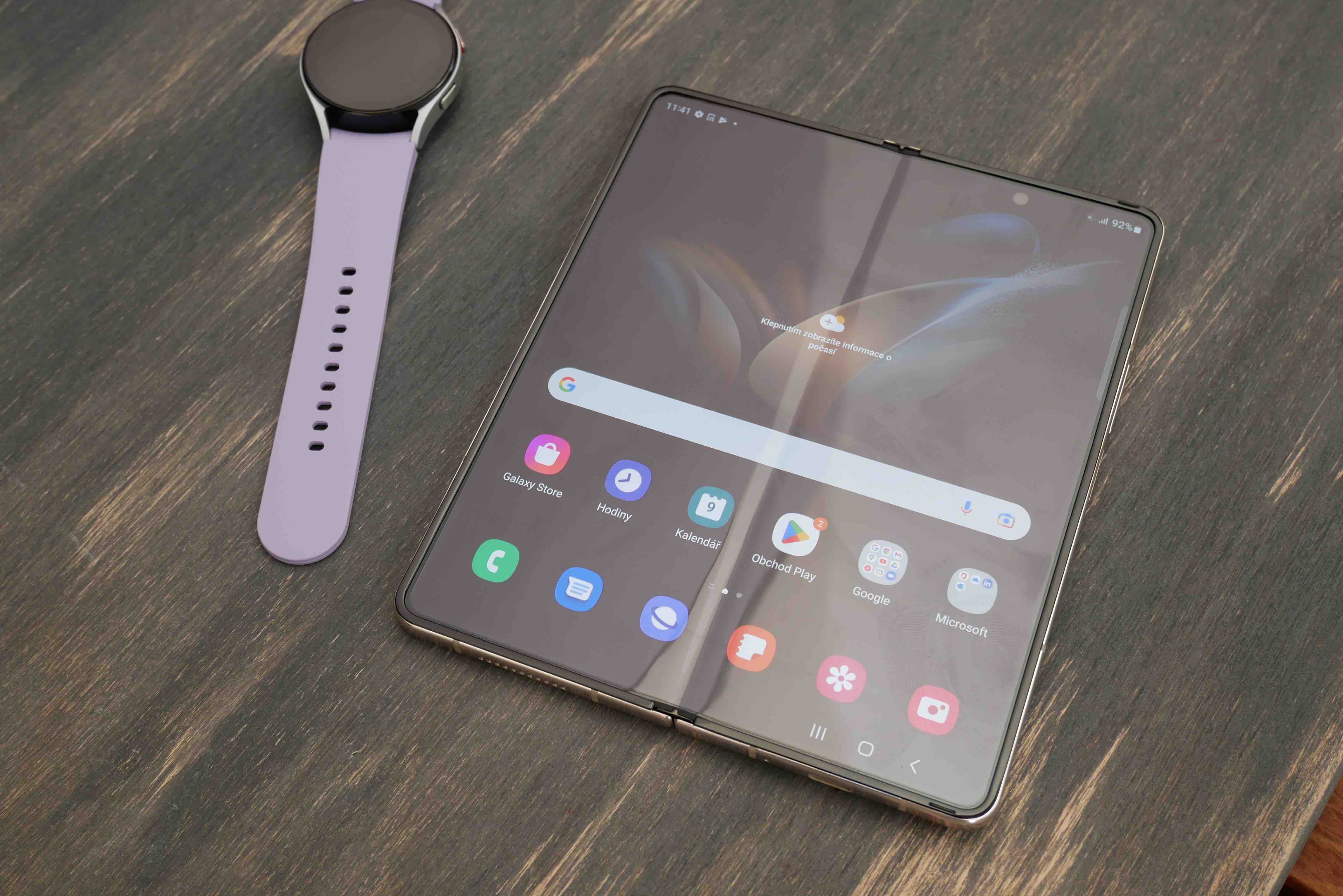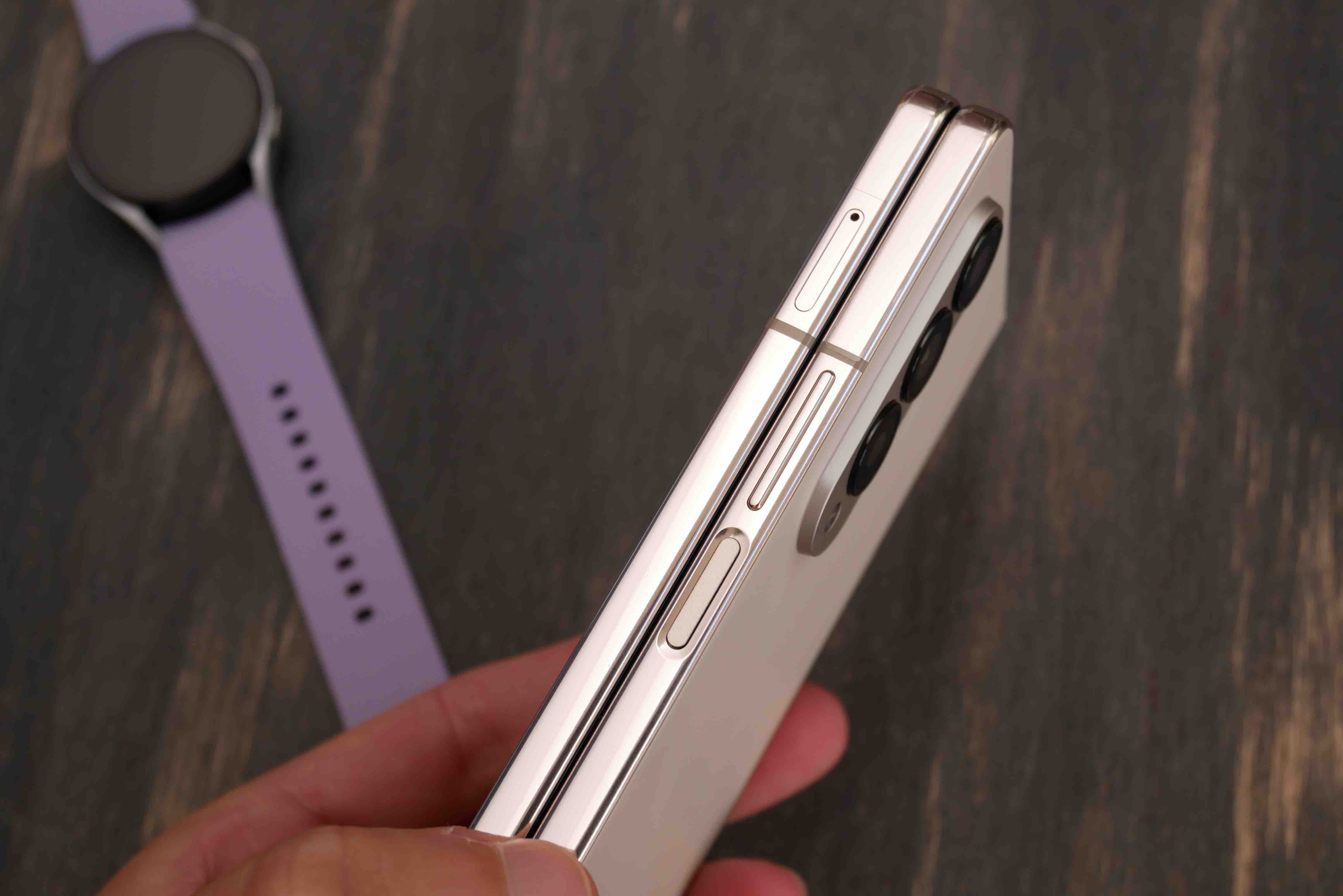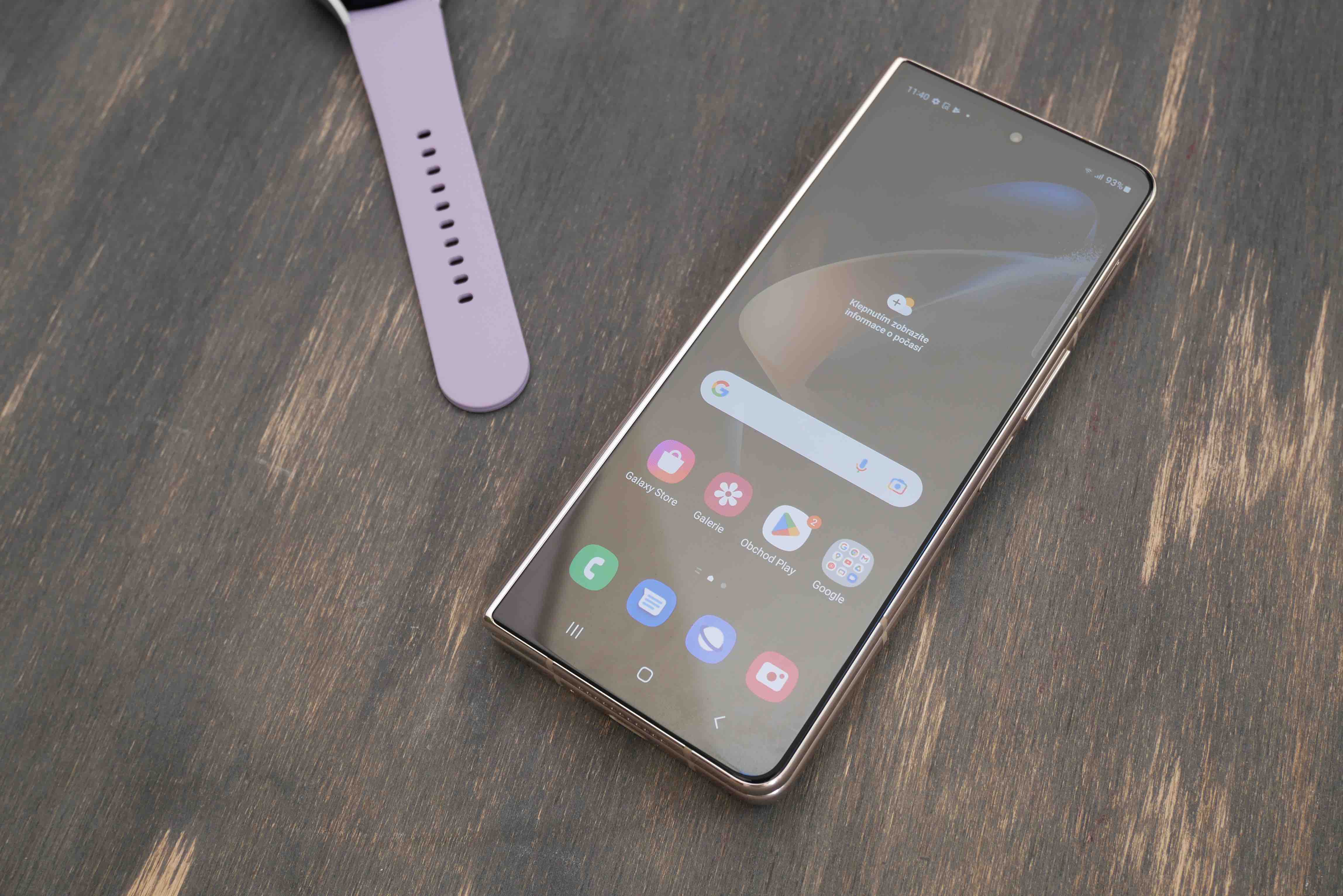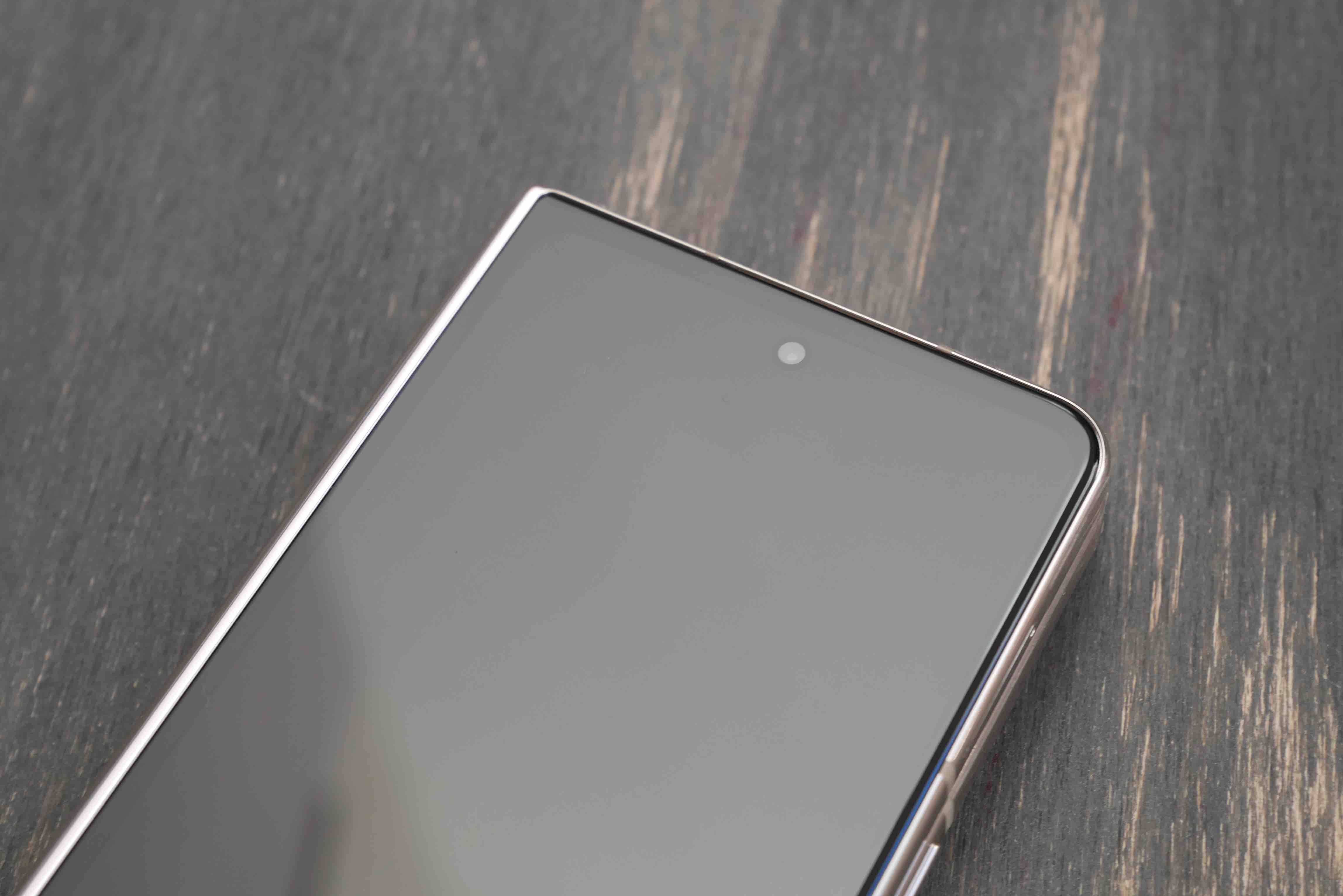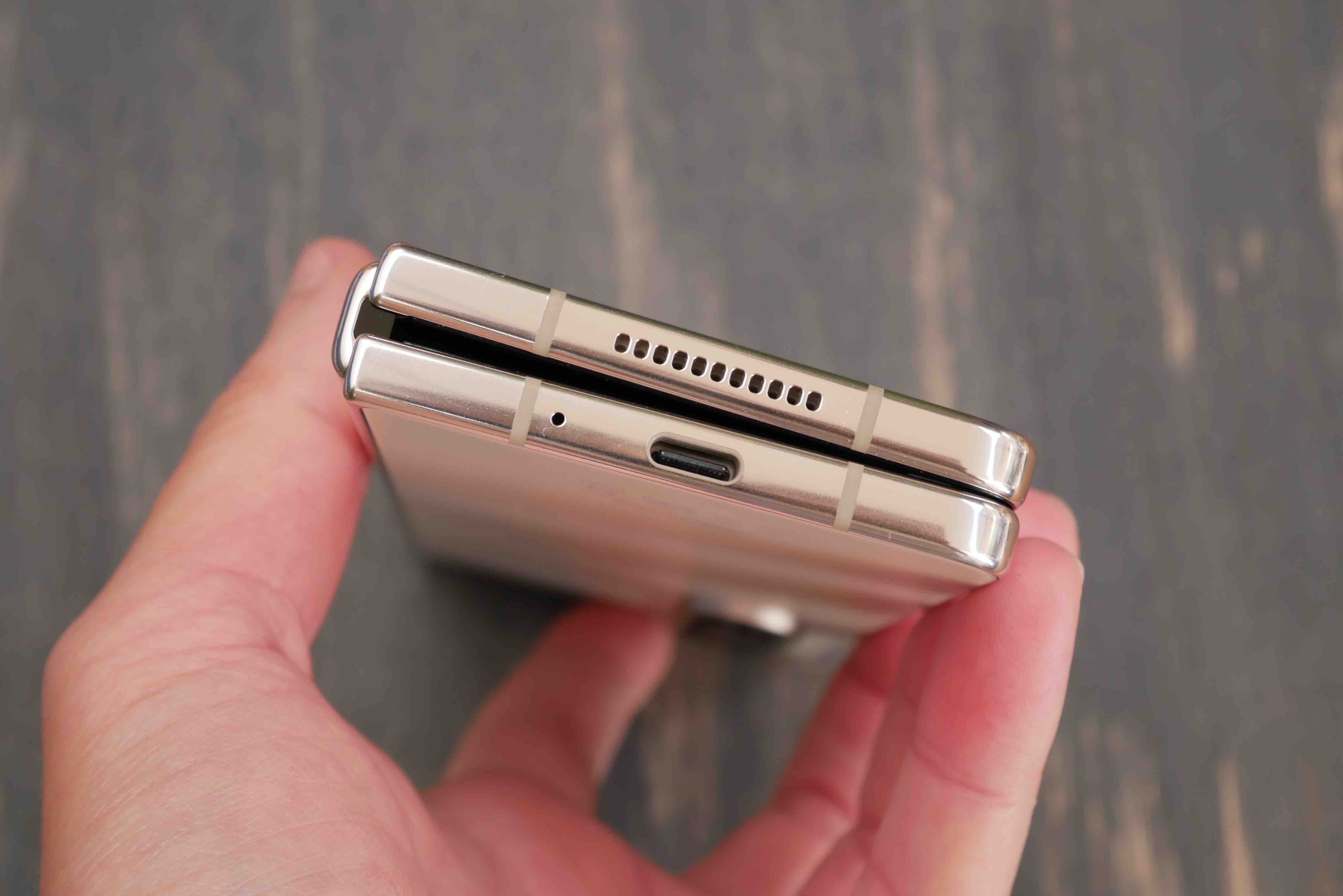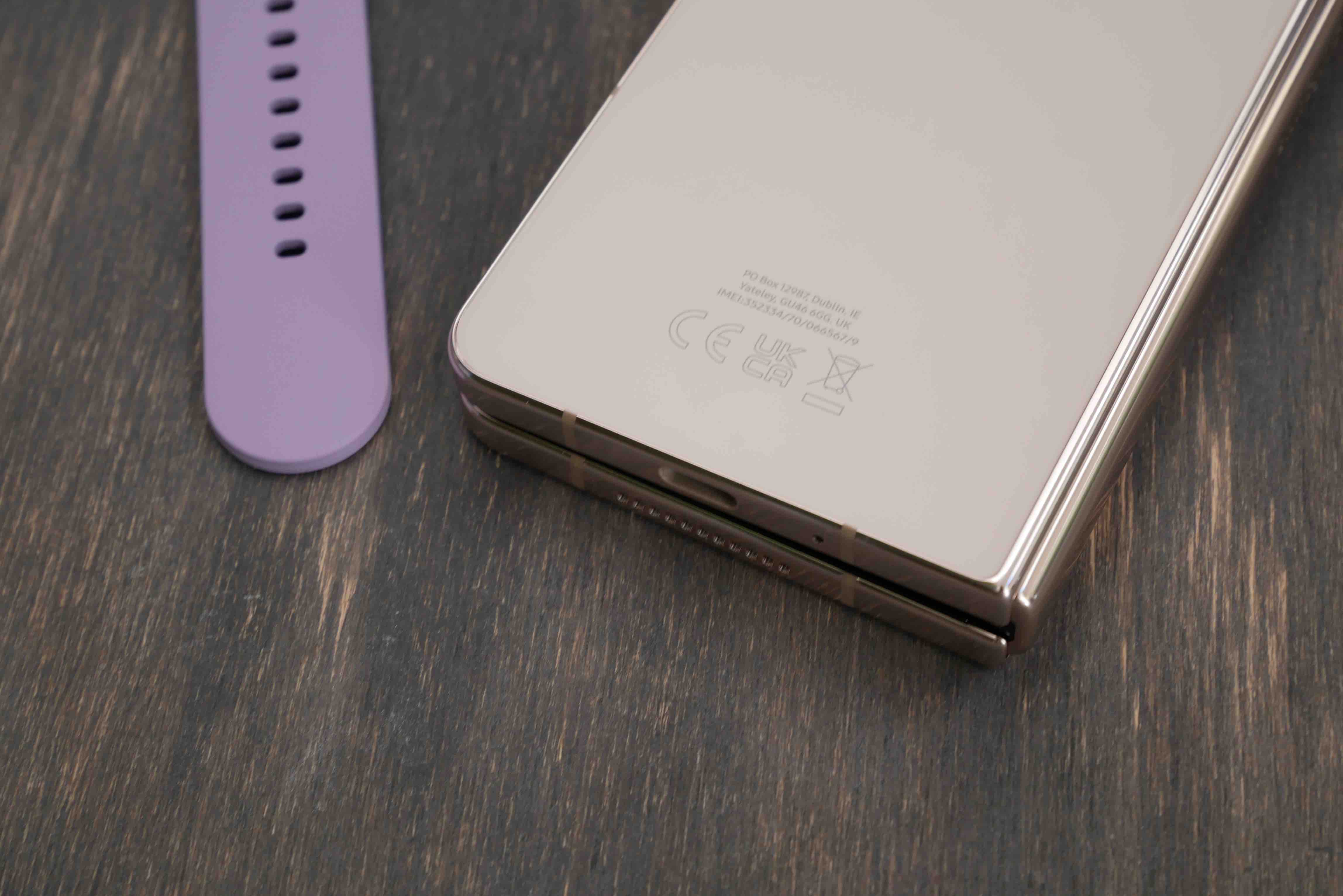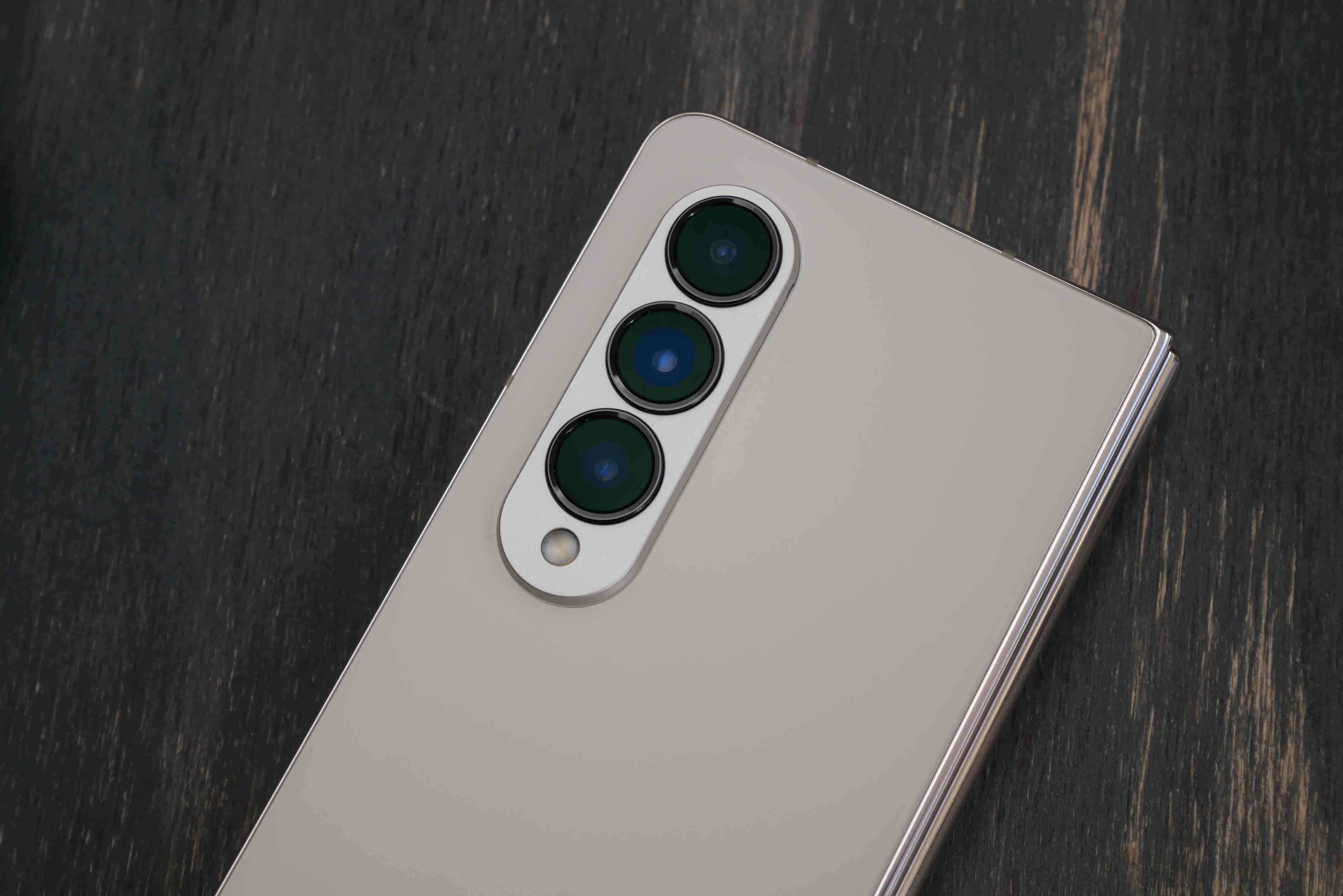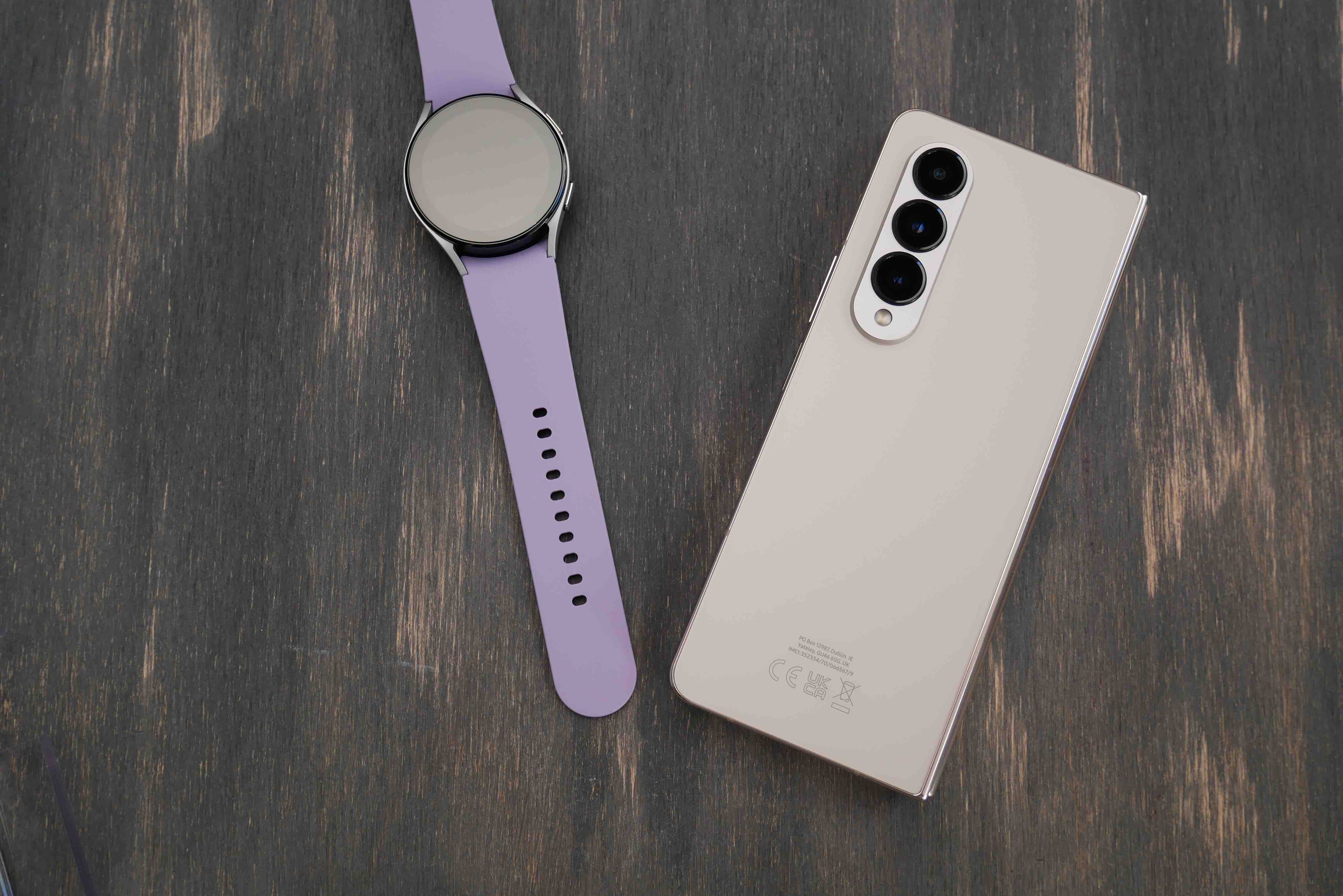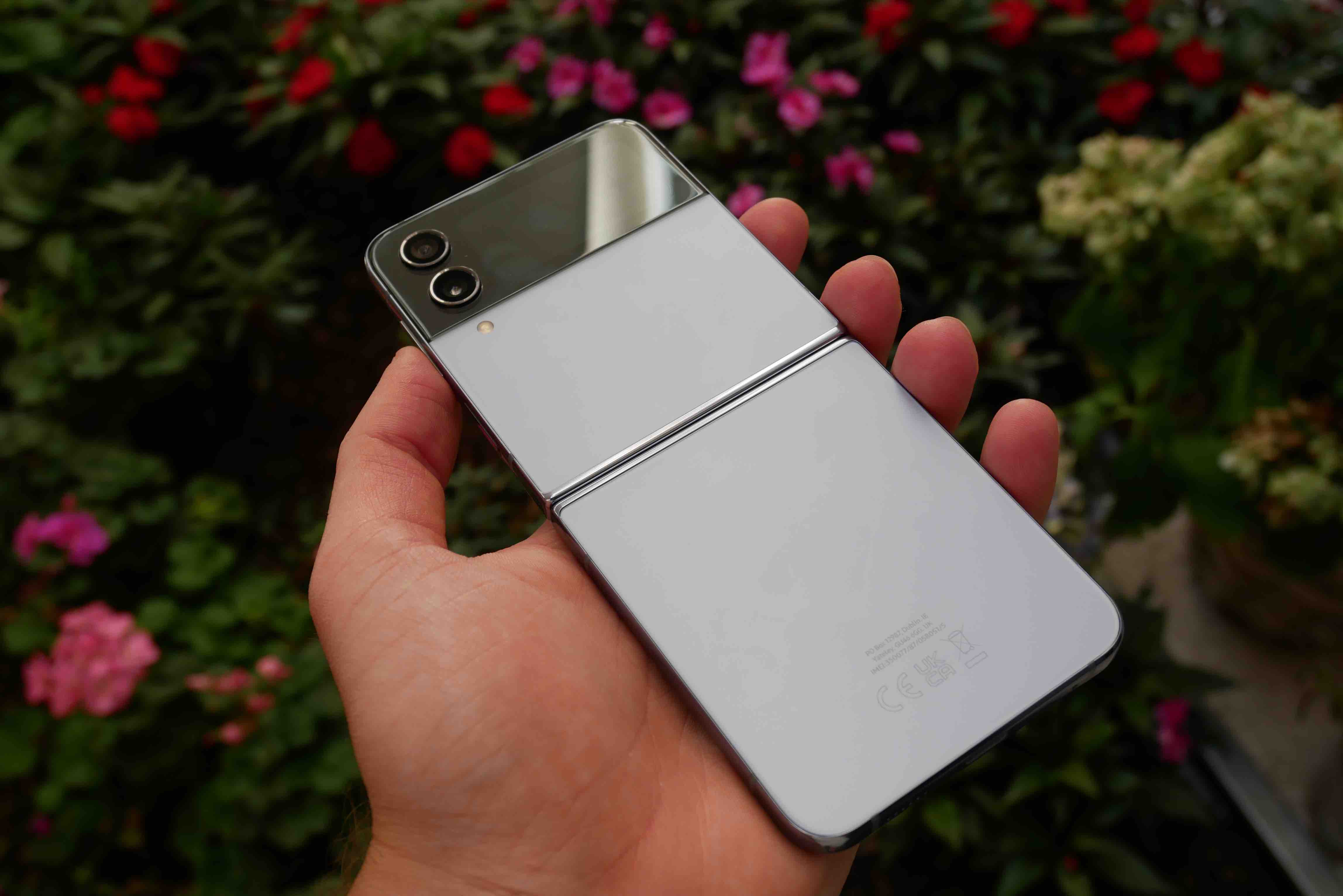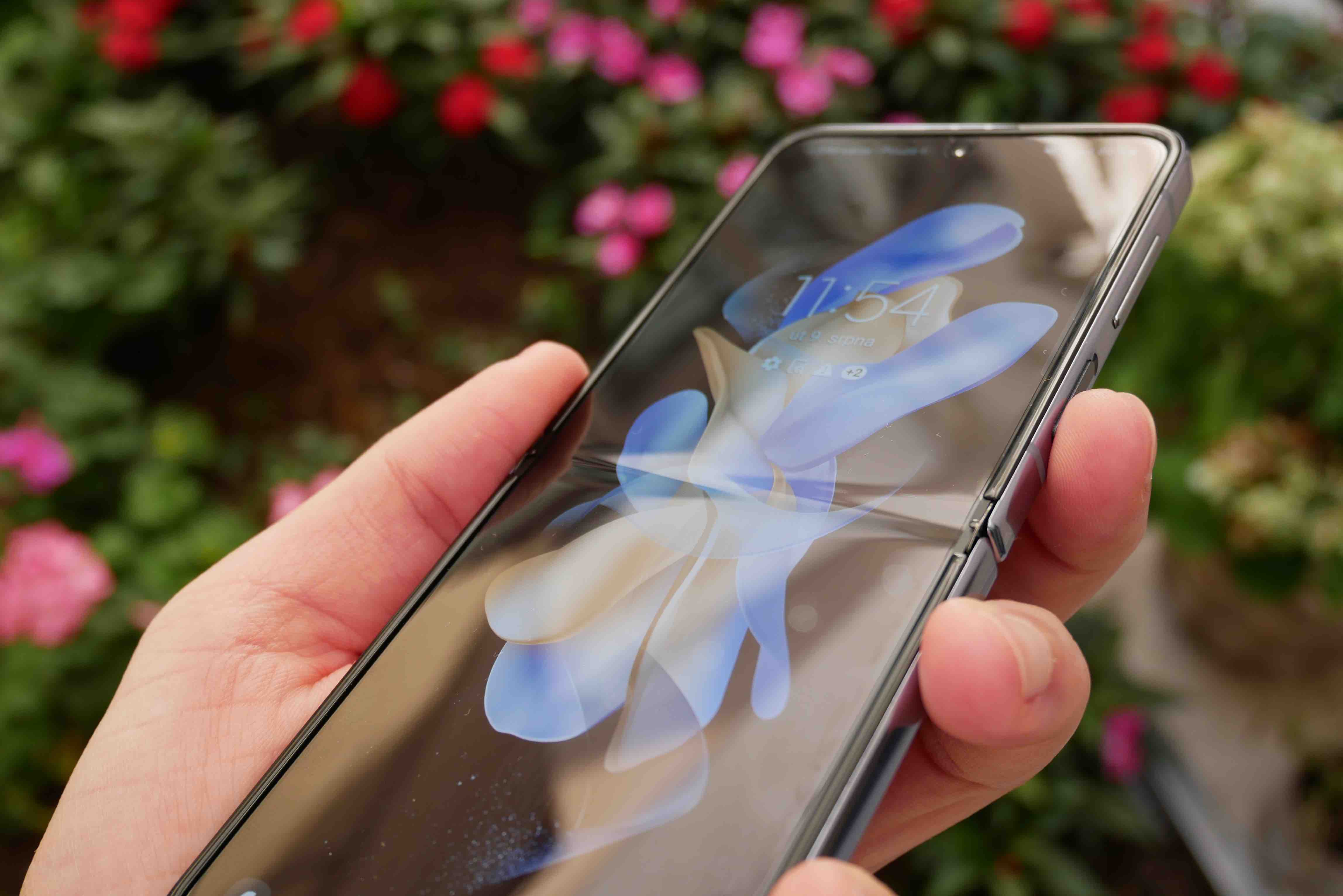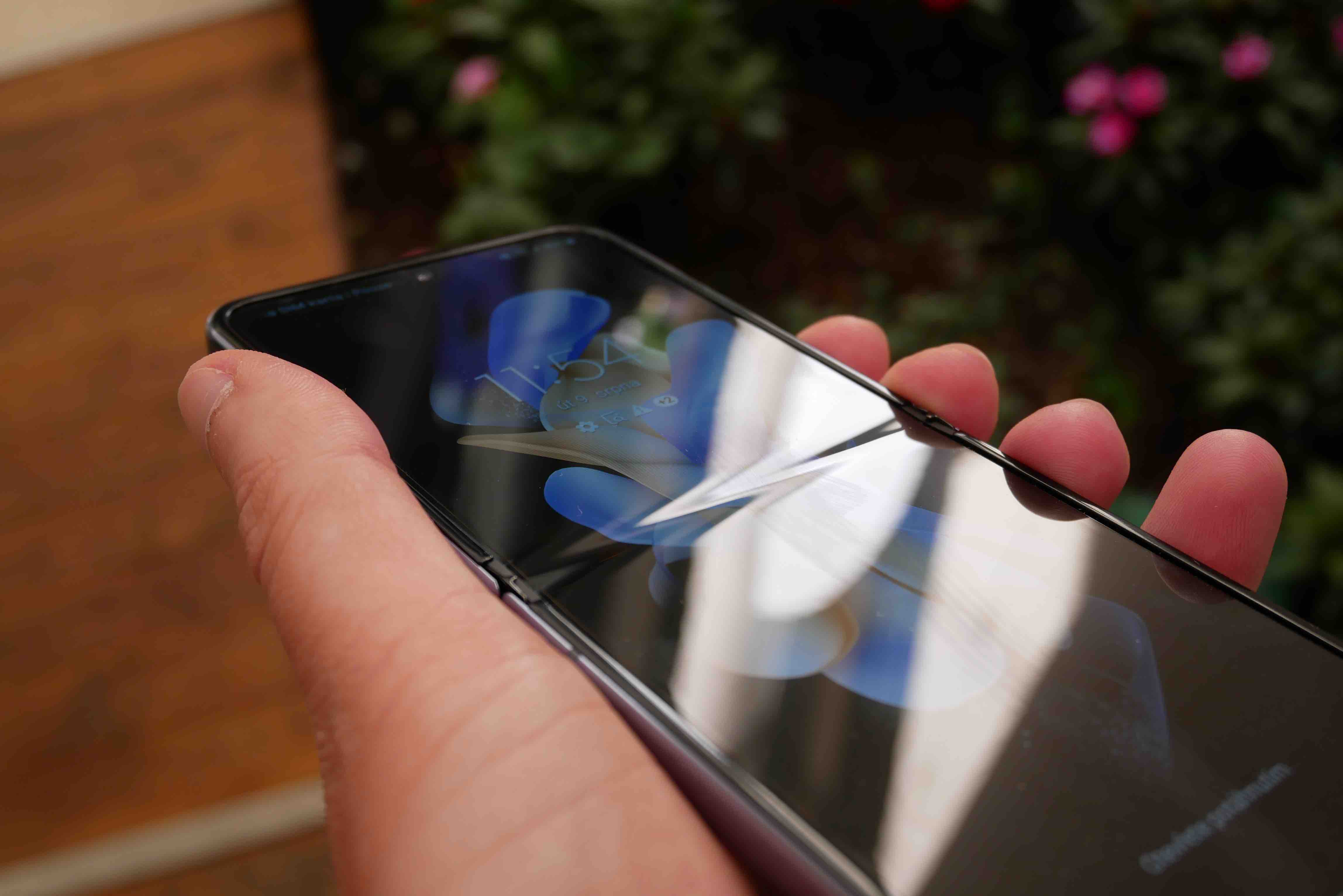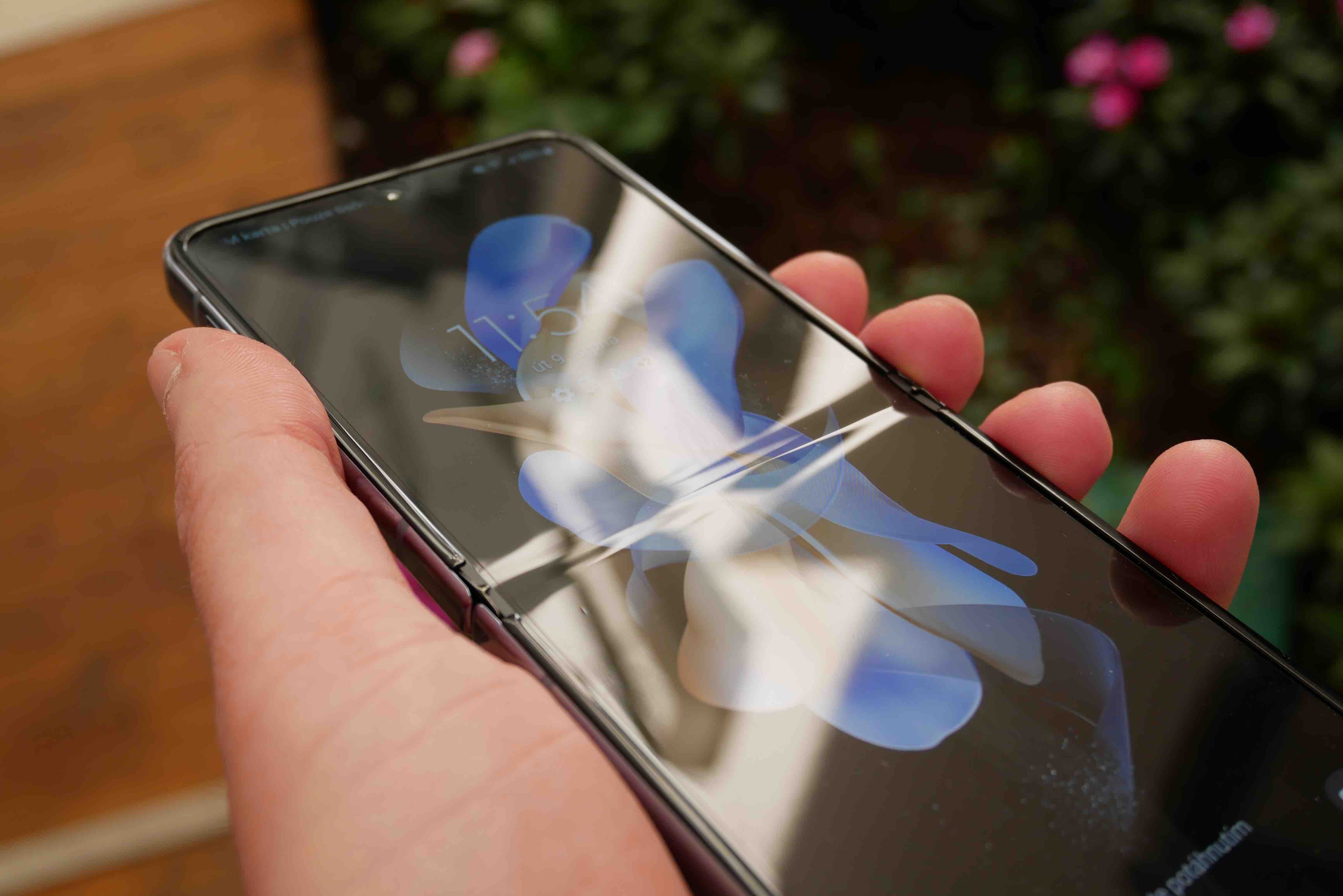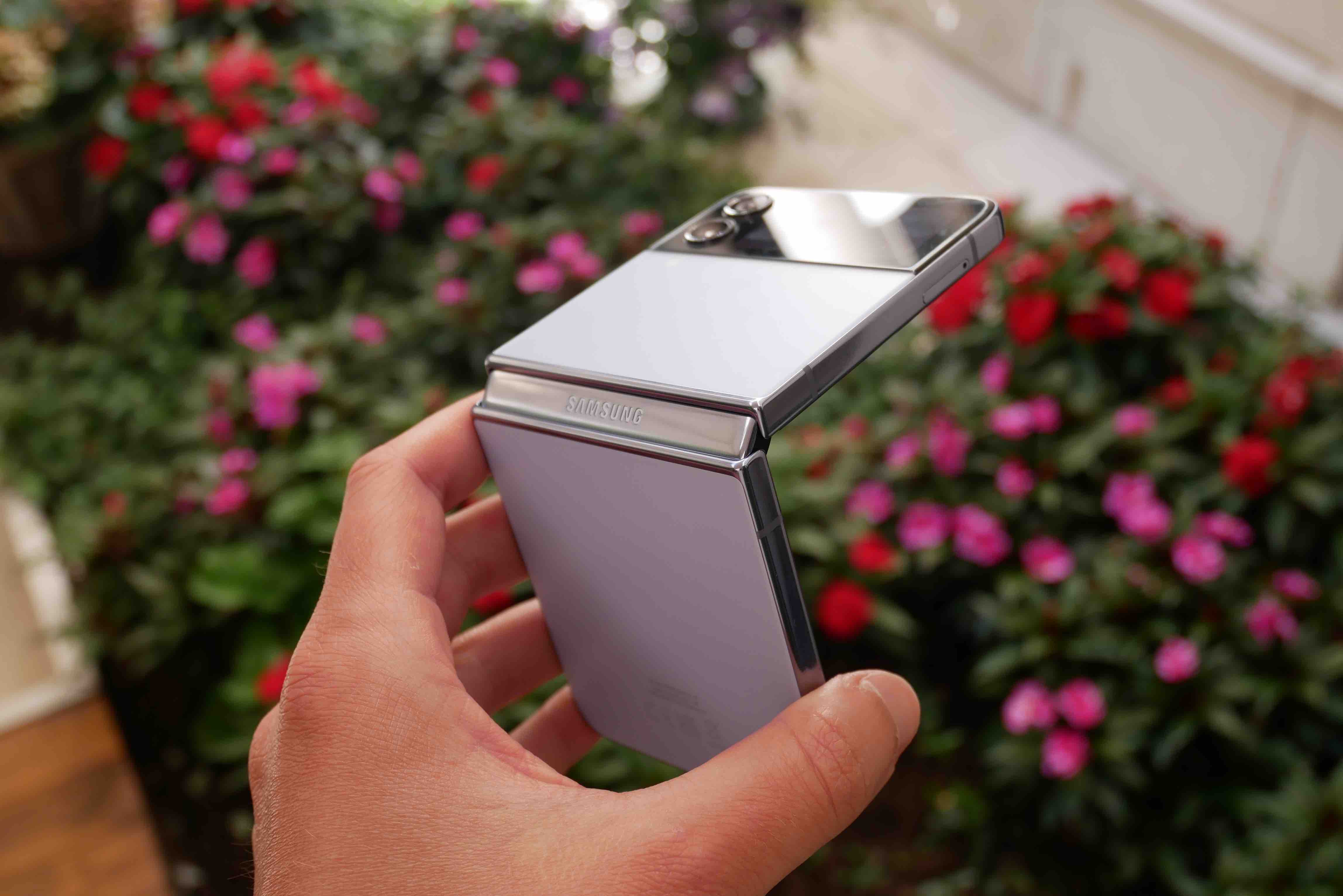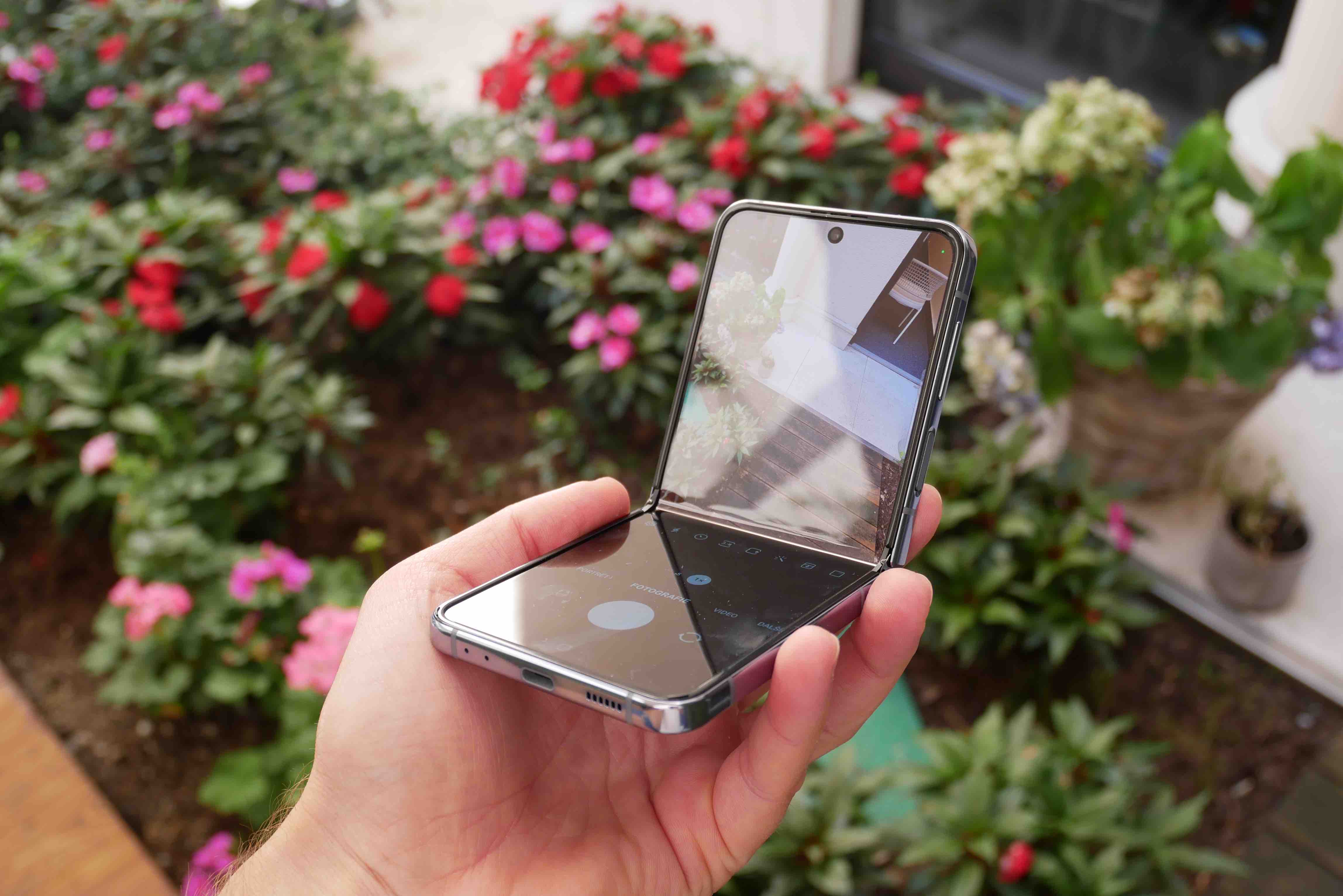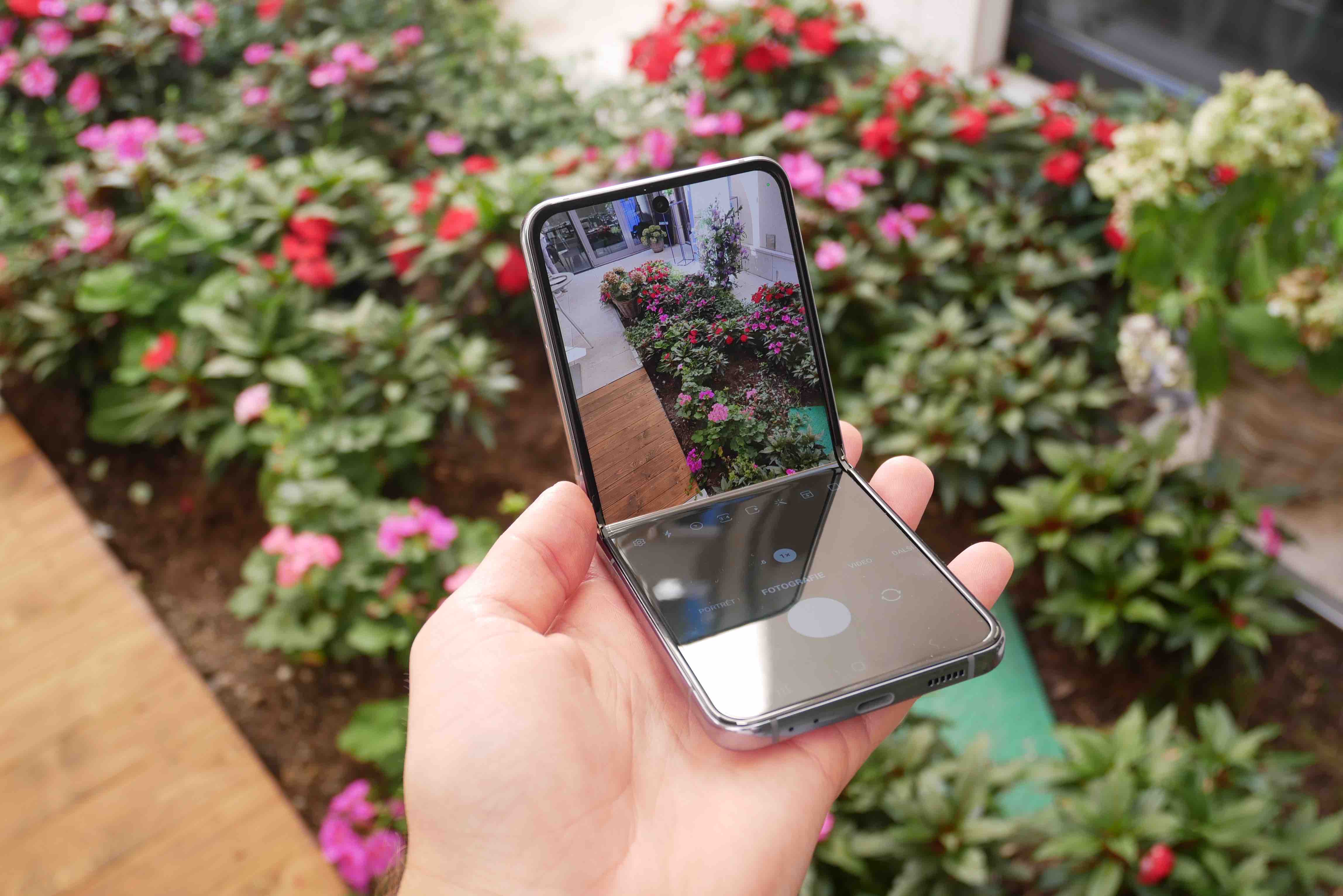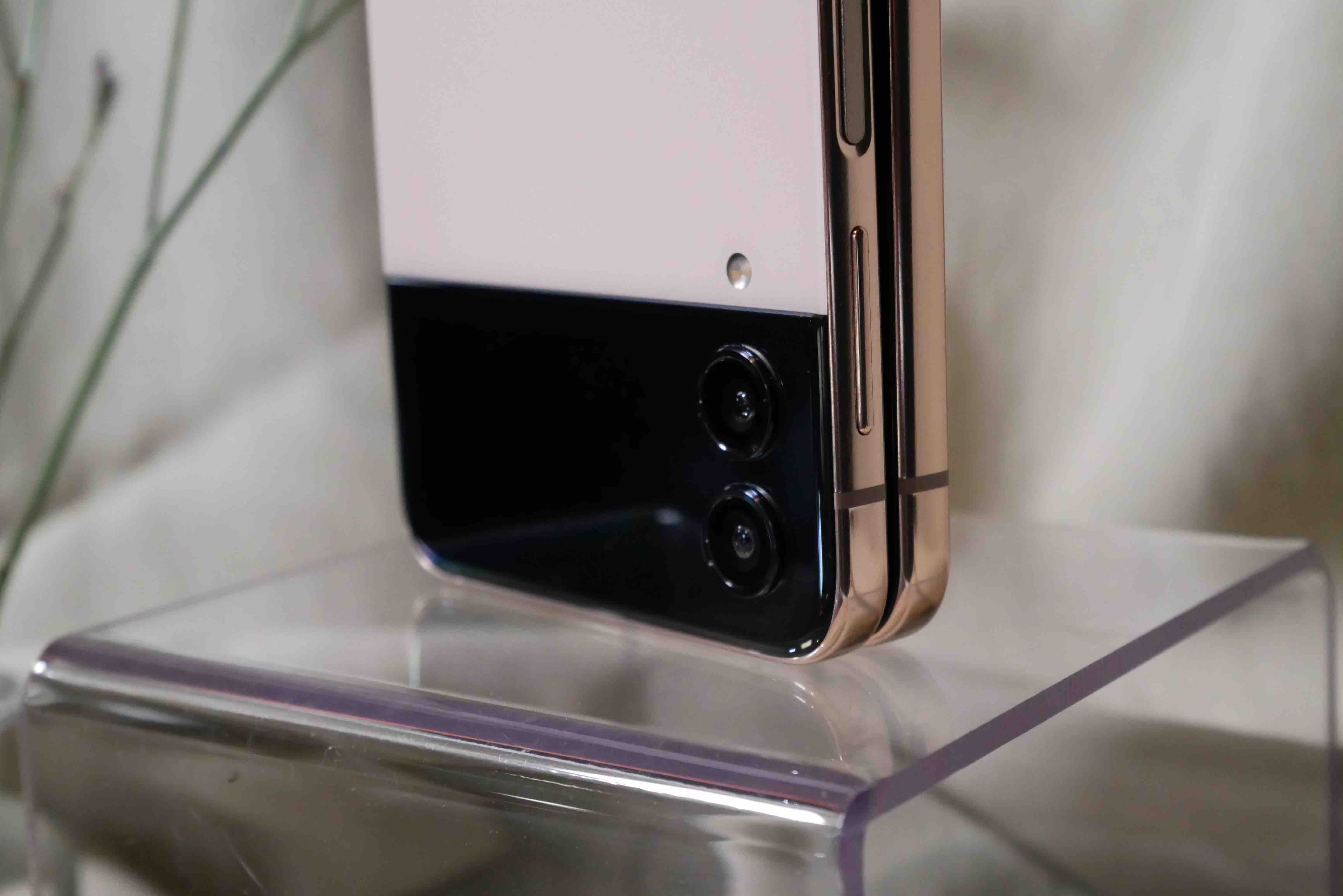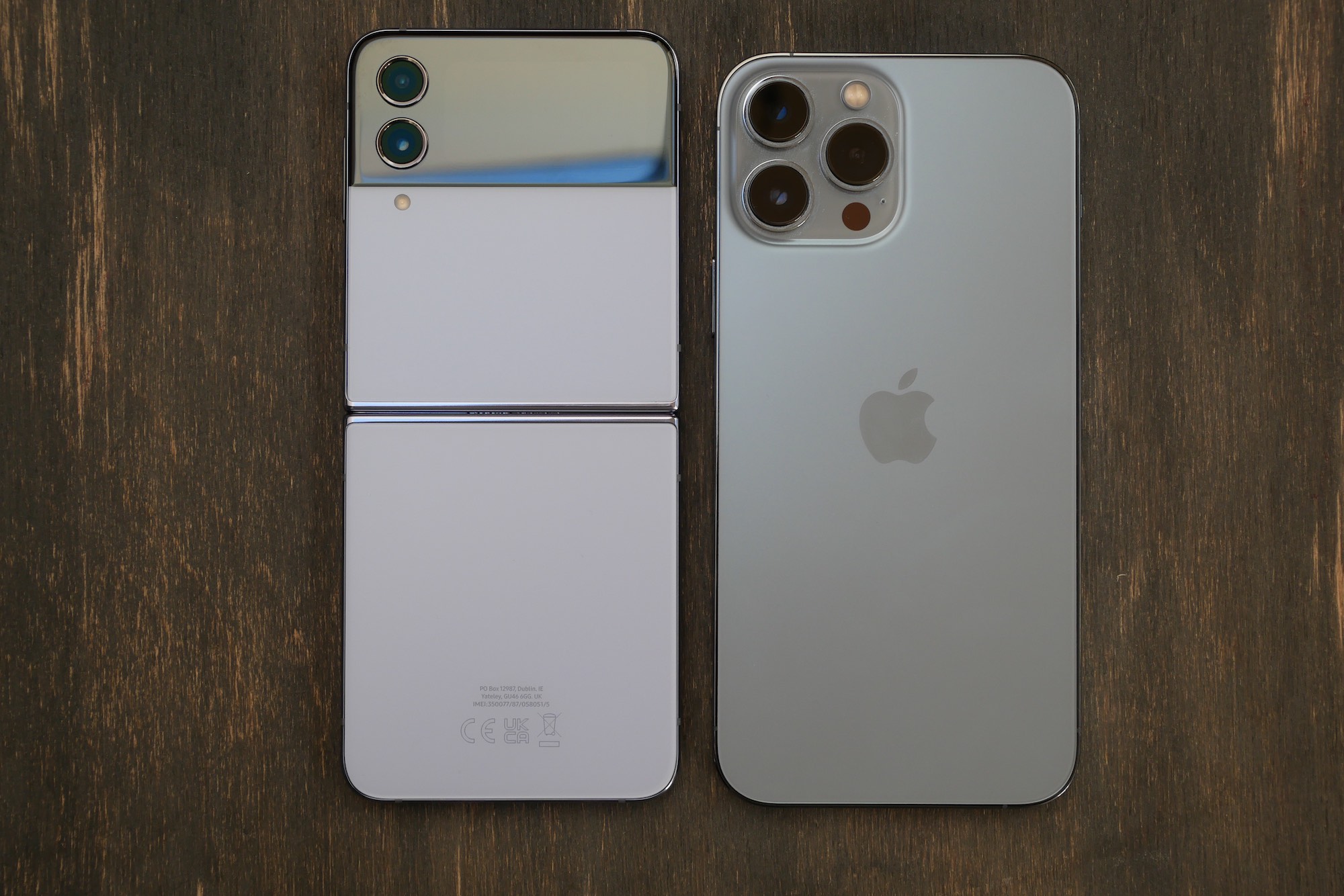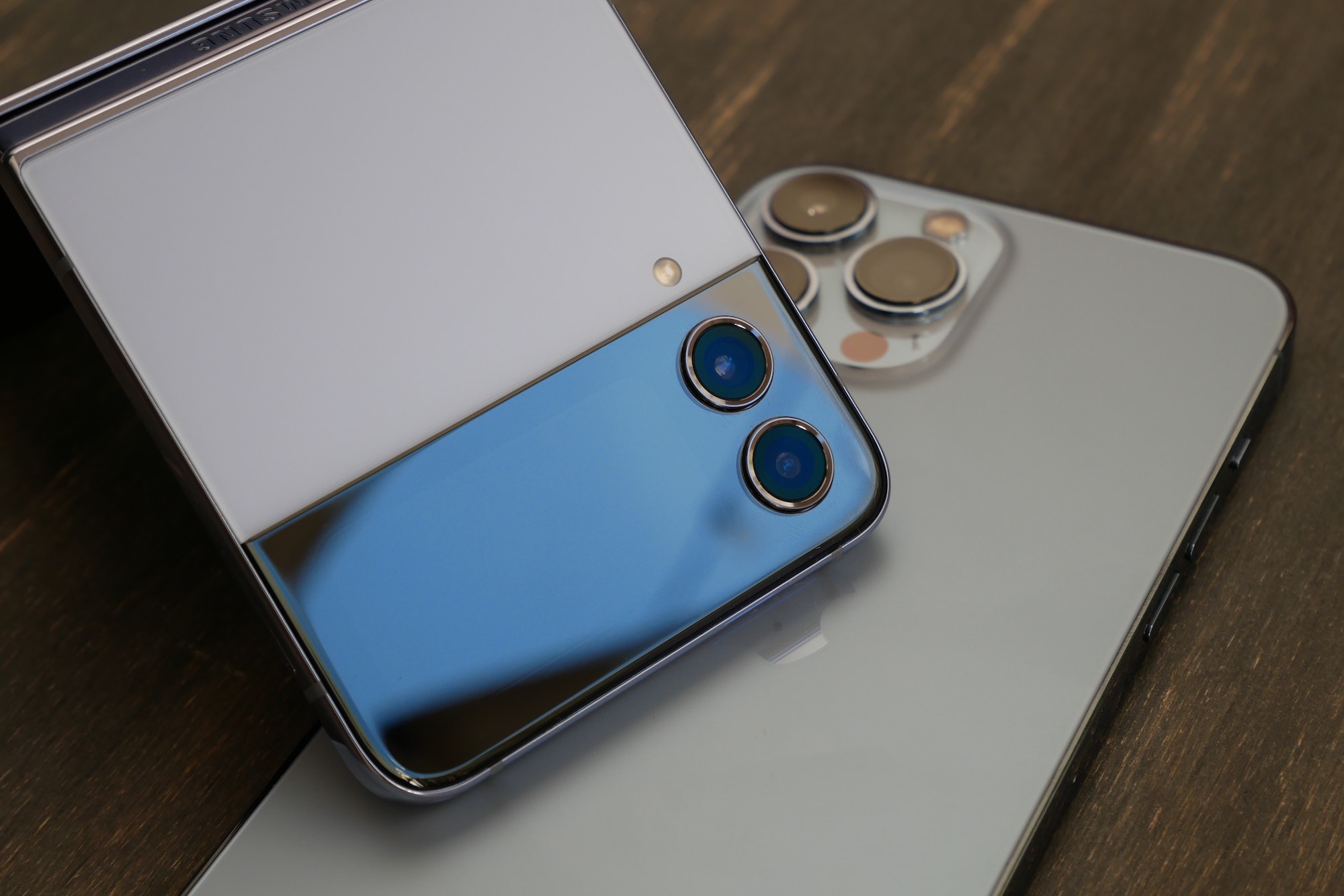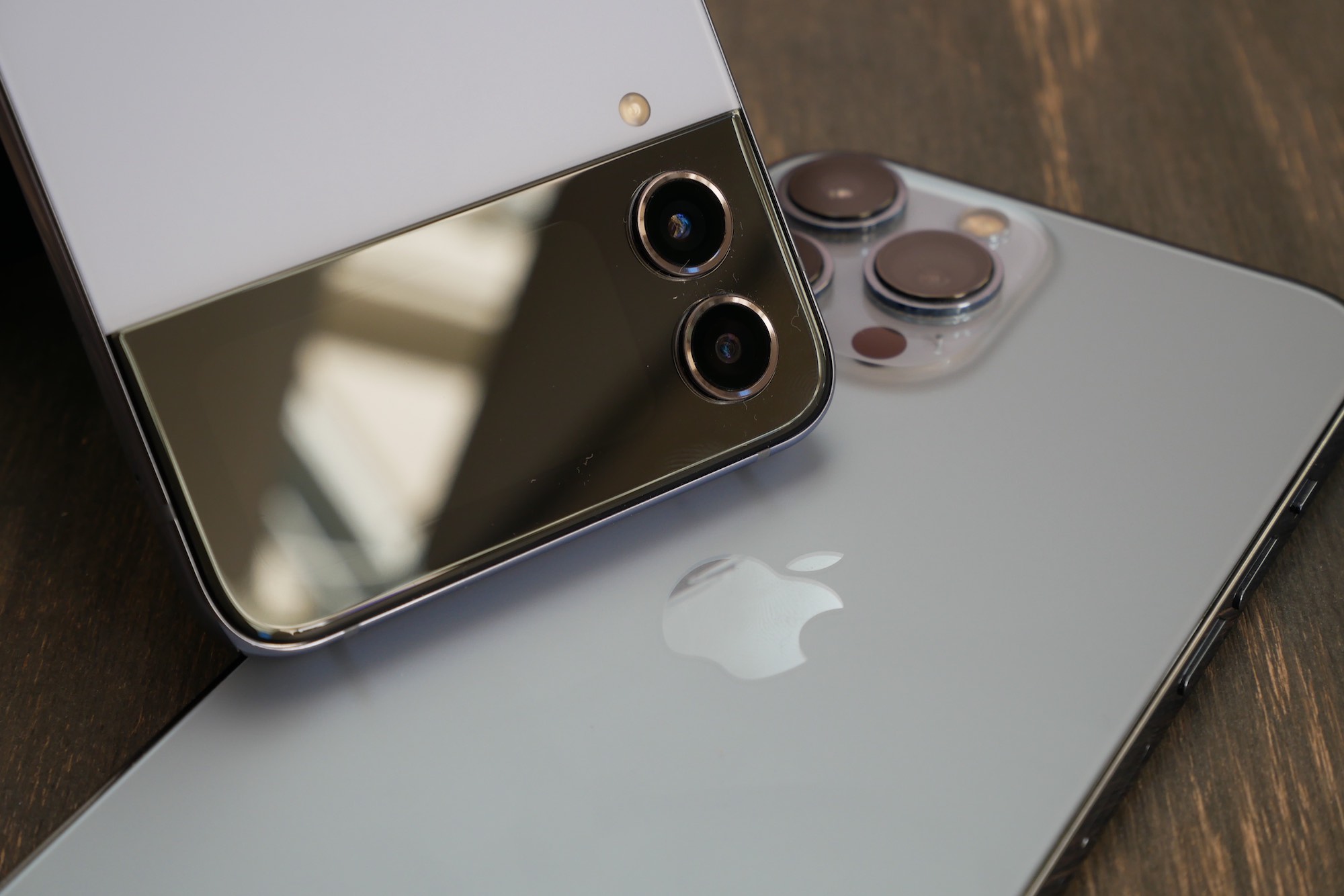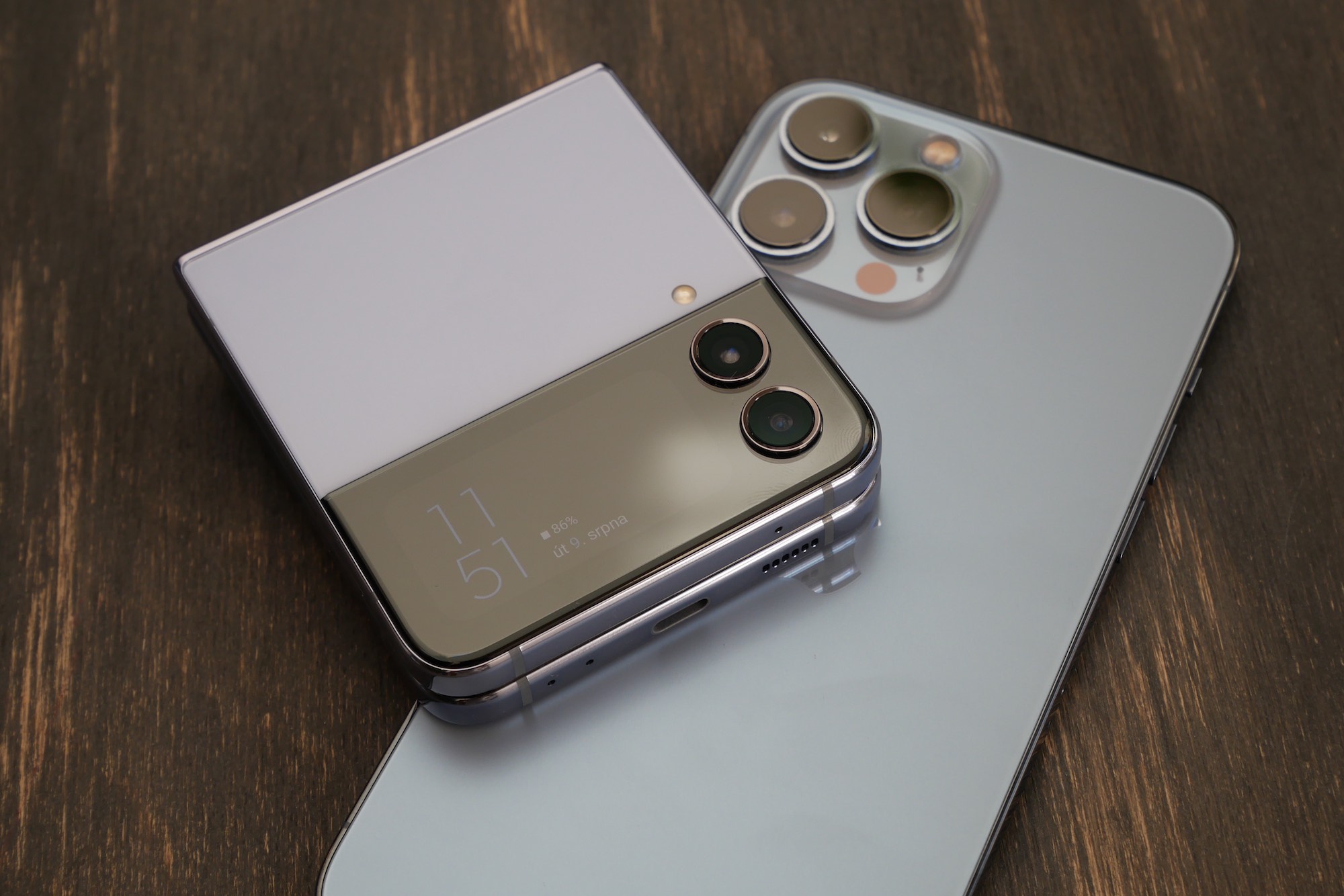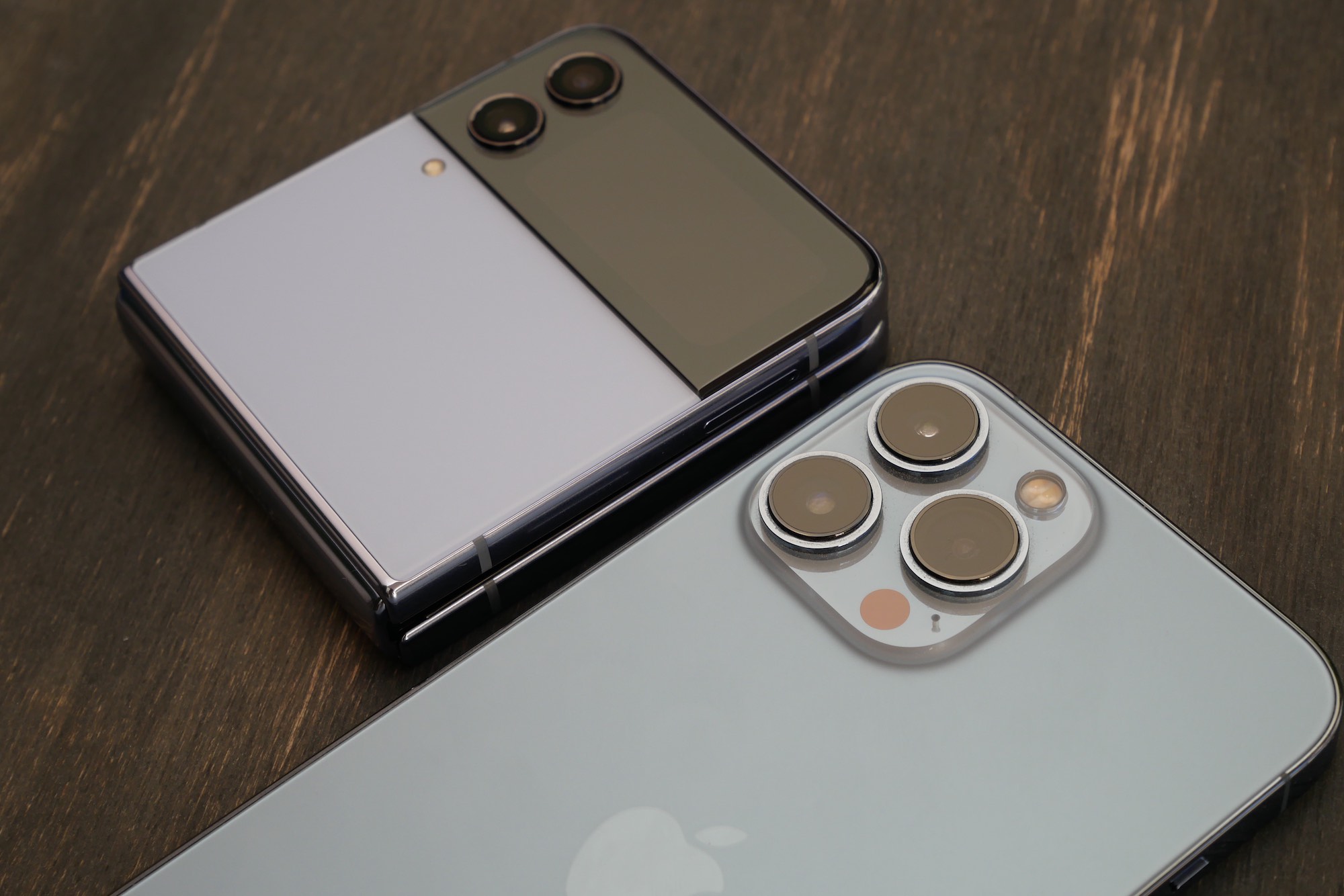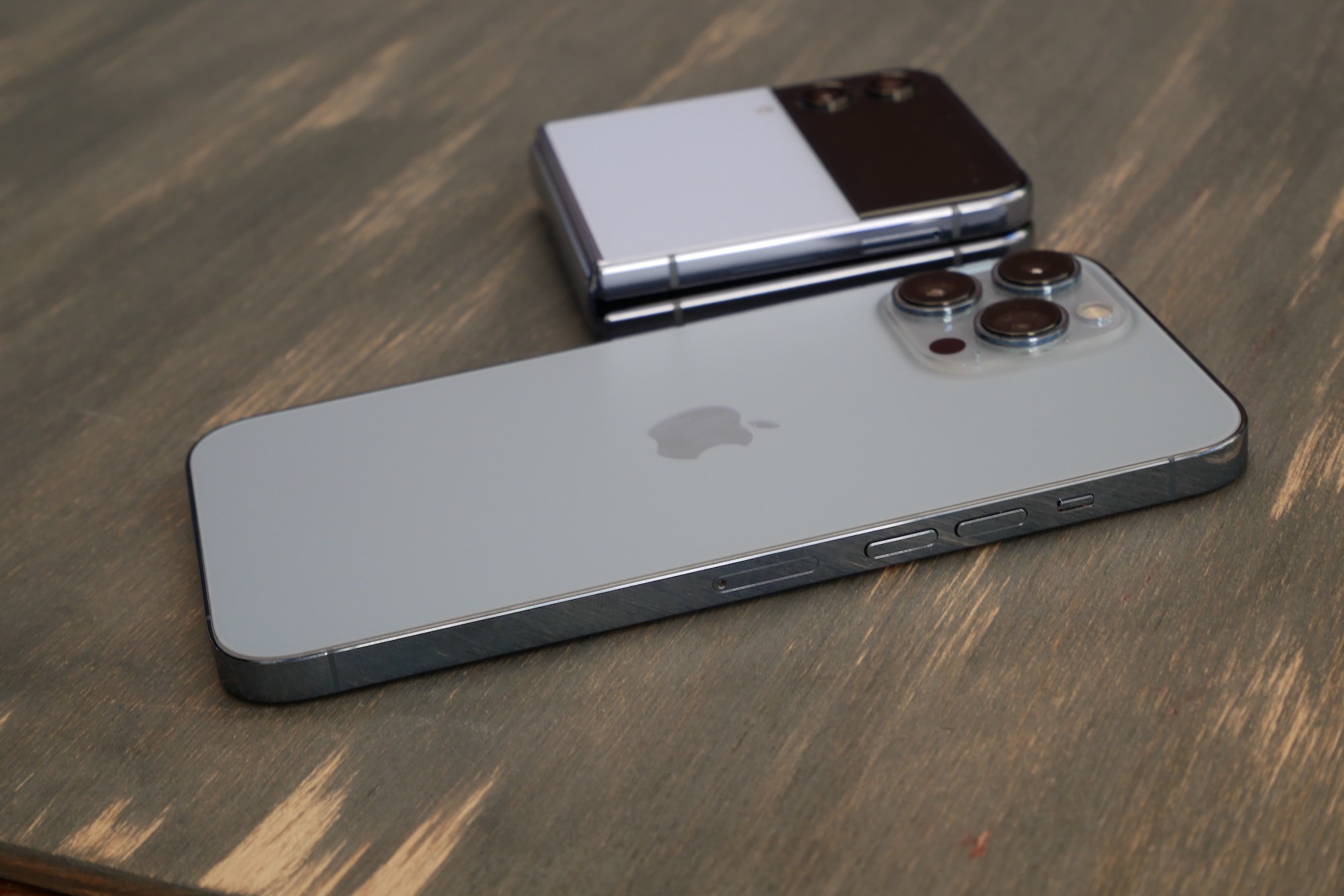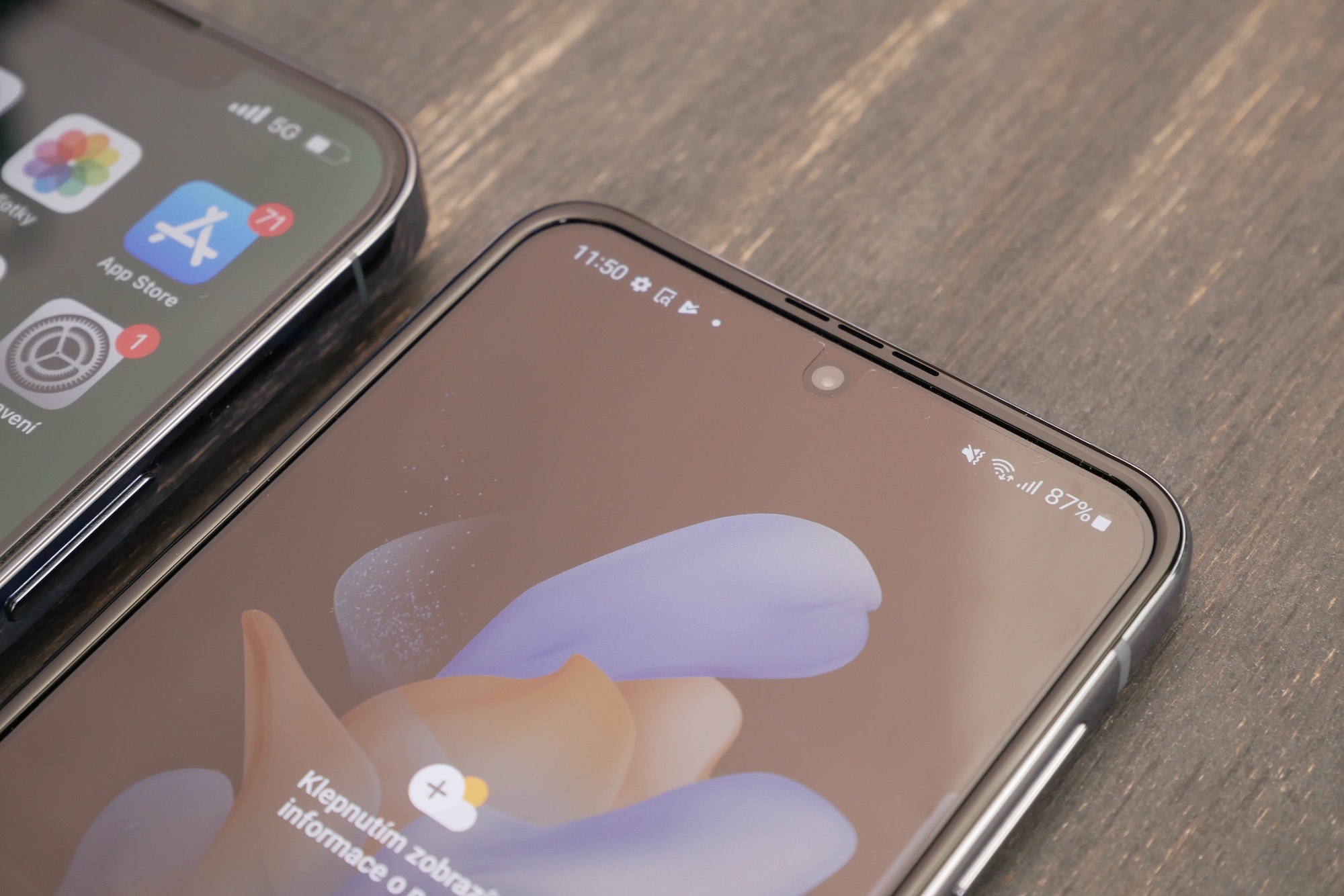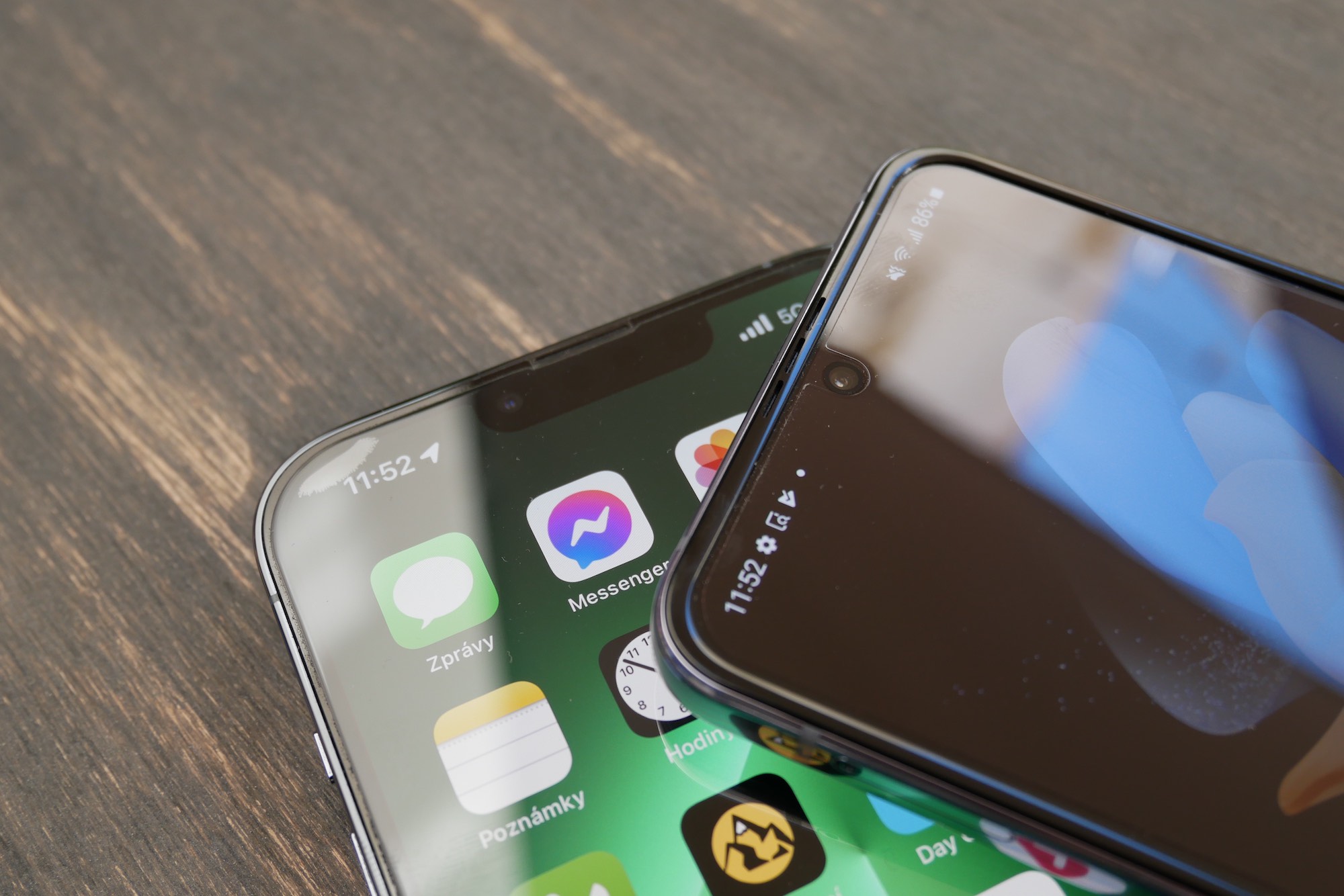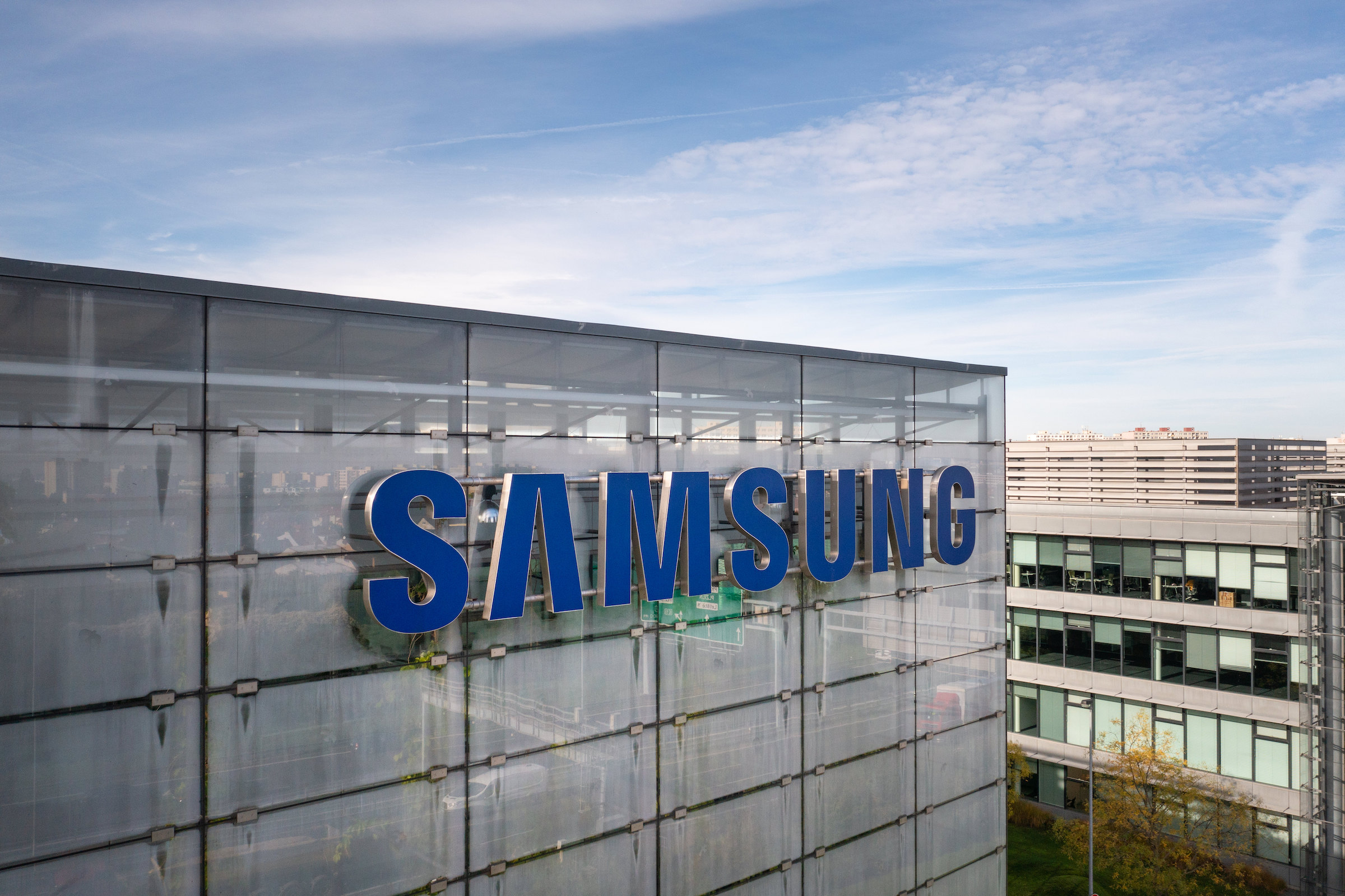The issue of sustainability is by no means new, but it has become quite a major topic for companies producing technological products. Samsung, one of the largest consumer goods manufacturers in the world, does it again he proved even during your event Galaxy Unpacked 2022.
It's one of those good things that we all like to hear, even if we kind of ignore it. Samsung certainly deserves credit for being more environmentally friendly than it has been in the past, but Samsung may not be telling us the full story of its efforts to be more sustainable itself. Or maybe he knows he's just not doing enough on his own.
Networks and precious metals
Recycling old fishing nets and cardboard is smart for many reasons. One of the most important if you are such a large industrial giant is cost savings. Material from plastic nets melted down into pellets and then used to make phone parts is cheaper than synthesizing new plastic. The process has been gradually improved so that it can provide reliable output quality. The same also applies to recycling old boxes for new ones.
Reducing the size of the boxes by leaving out things like chargers also means less waste ends up in landfills from people who don't bother with any recycling. It also means that Samsung will save a lot of money on shipping because more products can fit in the shipping container. We're not saying that money is the only reason why companies like Samsung do this. We can trust that people in management really care about environmental impact.
You could be interested in

Using old dirty materials to make shiny new things isn't easy, but it's necessary. Inside the phone, as is Galaxy Of the Fold4, there are plenty of other components that are undoubtedly made from recycled materials. Aluminum, cobalt, magnesium, steel, copper and more are non-renewable resources that Samsung must use just like any other phone company.
Turning scrap metal into new parts isn't easy, but the alternative is even worse. These materials will eventually run out and the extraction of these metals, especially such as cobalt, is often done under adverse conditions. Other times, as in the case of lithium, the environment is completely destroyed by depleting groundwater supplies.
Afforestation projects
One of Samsung's interesting initiatives are afforestation projects. You probably don't know it unless you look for it, but Samsung has planted 2 million trees in Madagascar alone. It is a fact that small countries are cutting down their forests at a record pace to develop such an economy. From 2002 to 2021, Madagascar lost 949 hectares of primeval forest, representing 22% of the total loss of tree cover.
I'm afraid the reason Samsung doesn't tell us what percentage of its components come from reclaimed metals is because even it knows the number isn't high enough yet. While there's an effort to be seen, even with respect to buying back old devices and the discount bonuses that come with it, there's very little space devoted to actually learning about how Samsung gets the gold or cobalt from recycled phones. There is Apple continues and shows his robot that automatically disassembles old iPhones into their individual components.
E.g. fairphone can make their phone from 100% ethically sourced or recycled materials. But can an industry titan like Samsung do the same? Sure he could. Then the second thing is, who among us will actually appreciate it?

